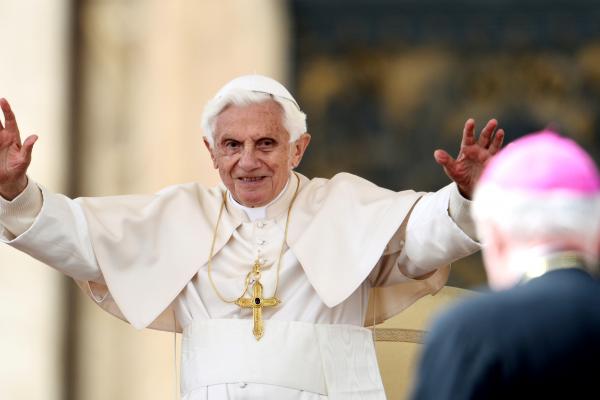Apr 20, 2012
As Pope Benedict XVI marked his seventh anniversary as pope on Thursday (April 19), many Catholics were wondering if the pontiff is finally becoming the papal enforcer that some feared – and others hoped – he would be when he was elected to lead the church in 2005.
The questions were prompted by this week’s announcement that Benedict had signed off on a crackdown on the organization representing most of the 57,000 nuns in the United States, saying that the group was not speaking out strongly enough against gay marriage, abortion and women’s ordination.
But does this latest move indicate that the man once known as the Grand Inquisitor is returning to form, or that a new wave of dissent is emerging?
Read the Full Article

Already a subscriber? Login
